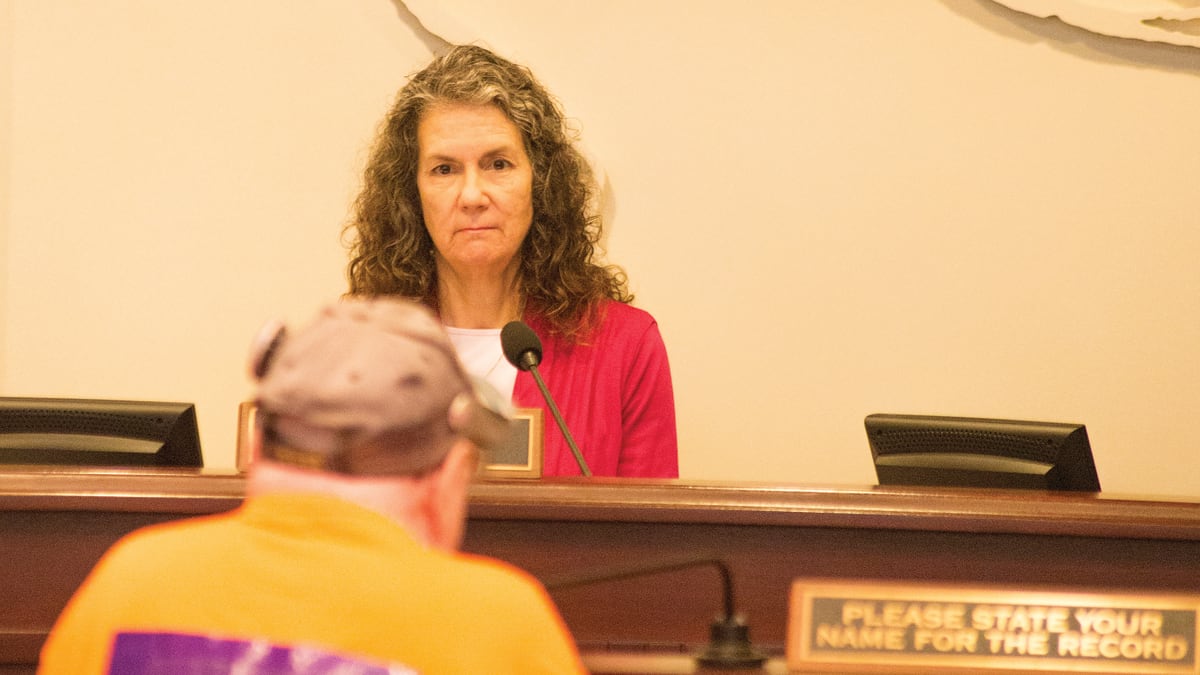Portland Commissioner Amanda Fritz is on the cusp of achieving a cherished goal: reviving a public campaign financing system.
On Dec. 14, City Council is scheduled to vote on Fritz's so-called Open and Accountable Elections, which would match every dollar donated to an election campaign, up to $50 per donor, with $6 in public money.
Fritz appears to have the votes: Mayor Charlie Hales and Commissioner Steve Novick have expressed support for Fritz's plan. Last week, they decided not to send it to voters, who in 2010 rejected a public financing program marred by waste and fraud.
"Everybody wants to do this well," says Kate Titus, executive director of Common Cause Oregon, who is supporting Fritz's proposal. "I don't think we take this lightly."
Last week, The Portland Mercury reported that Fritz plans to hand responsibility for managing the public campaign financing system to the Office of Neighborhood Involvement, a bureau she oversees.
But ONI was called out last month by city auditors for lacking clear direction and being beset by management problems.
Now, a review of additional public records from the Nov. 16 audit raises further questions about the plan for ONI to oversee the new program. According to audit work papers, ONI's own director, Amalia Alarcón de Morris, disparages her office as an "Island of Misfit Toys" owing to the City Council's past practice of heaping disparate and unconnected programs on the office. (She denies saying this and tells WW a predecessor used that nickname.)
In interviews with auditors, ONI employees criticized past decisions to add extra duties to the bureau, including Portland's program for licensing and monitoring recreational marijuana, and the bureau's ability to manage multiple programs, according to the auditors' notes.
Asked to identify ONI's strengths during a Jan. 12 audit interview, the office's leadership—Alarcón de Morris and Amy Archer, the bureau's business operations supervisor—appeared to have difficulty coming up with an answer.
"Amy mentioned that things keep getting added to their portfolio—Noise and Marijuana," the auditor's notes from the interview read. "The Marijuana program increased ONI staffing. They struggle internally with basic administrative support. Amalia stated that people have an expectation of ONI interactions, so management being diverted to these new programs creates an external friction."
The auditor's office, in its report, did not weigh in on whether ONI should take on management of public campaign financing, cautioned Drummond Kahn, director of audit services.
"This audit was looking at neighborhood programs and did not reach conclusions about whether new topics or new efforts should be added to ONI in the future," Kahn says.
Alarcón de Morris, who told auditors her bureau was overwhelmed by unrelated duties, now tells WW the new task wouldn't be a problem. She says ONI has added two administrative staff members this year—and the office's proposed campaign-financing responsibilities, unlike some past additions to ONI, come with funding for two more staffers..
"We're definitely in a much better place," she says. "I feel comfortable that the program comes with staffing. I feel fairly confident that what's being proposed will get us ramped up."
A representative for Fritz rejected the idea that any problems at the bureau would be an impediment to publicly financing campaigns.
"The audit was focused primarily on the neighborhood structure and associated grants, and did not address most of the functions of ONI," says Fritz chief of staff Tim Crail. "We believe that ONI is entirely capable of running this."
According to the auditors' interview notes, management problems have plagued the agency: The director herself told auditors she plans to retire in three years; at least some employees view Alarcón de Morris as disengaged, in part because of her impending retirement; and benchmarks for the bureau aren't in place.
As for the community and neighborhood involvement division, the focus of the audit, Archer told auditors that resources are directed based on "some element of the Commissioner in Charge," and staffers "mainly wait 'until it somehow becomes a fire,'" according to the auditors' notes from a March 14 interview.
Alarcón de Morris now downplays the significance of those complaints, saying she's happy with Fritz's management.
Fritz selected ONI, which she oversees, to carry out the campaign-financing program only after other public agencies that already had responsibilities related to elections turned her down, including the city auditor.
Fritz is undeterred. In a hearing Dec. 7, elected officials gave voice to high-minded reasons to support the proposal—including breaking down barriers for a new, diverse pool of candidates.
"This is going to open things up, and that's what we need," said Fritz.
